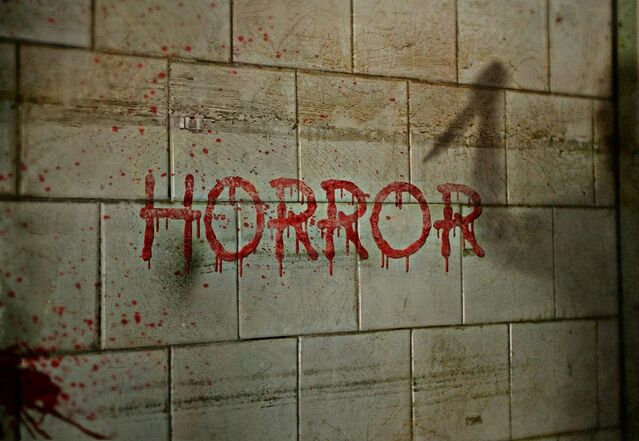Empathy
A Film Critic Claims "Saw" Fans Are Depraved. Is He Right?
There's no evidence that being a horror fan makes you immoral or depraved.
Posted May 30, 2021 Reviewed by Abigail Fagan
Key points
- Fans of horror films are sometimes disparaged as immoral or depraved.
- The evidence of lower empathy among horror fans is mixed, while horror fans actually show lower levels of cold-heartedness than non-horror fans.
- Overall, there is no reliable evidence that horror fans are more immoral than others.

Horror movies aren’t for everyone, but there’s no denying the enduring appeal of scary stories. Horror is a broad genre, encompassing movies that feature monsters, psychological thrills, ghosts, and psychopathic killers. Whether you like slow-burns, fast kills, true stories, or the most fantastical of worlds, you can probably find a horror movie that you enjoy.
Despite their popularity, horror movies have always been the ugly stepchild of the film industry. One sub-genre in particular seems to catch the ire of movie critics' moral grandstanders. Sometimes referred to as “torture porn,” the gore or ultraviolent sub-genre of horror is often disparaged as a pointless exercise in cruelty.
In a recent review of the movie Spiral, the ninth installment of the billion-dollar Saw franchise, a New York Post movie critic made some fairly strong claims about the psychology of horror fans. In the review of the movie, he calls fans of movies like Saw “depraved lunatics who should not be allowed near animals or most other living things.”
Of course, the critic provides no evidence for this disparaging claim. Most horror fans would also disagree with the critic’s assessment. Indeed, many took to social media to communicate their disagreement. Spiral director Darren Lynn Bousman also expressed his disappointment with claims like those made by the New York Post critic, arguing that they misrepresent horror fans.
So, what does the science say? Are horror fans really more depraved and immoral?
The Relationship Between Horror Enjoyment and Empathy
As is the case with many instances of social outrage over some phenomenon, there aren’t many studies looking at this specific question. Of course, it’s not entirely clear what a “depraved lunatic” even is. But perhaps there are some traits that the critic had in mind. One of them might be empathy.
Some research on the relationship between empathy and horror enjoyment does suggest that people who enjoy horror score lower in trait empathy. However, meta-analyses show that the data on this is mixed. Sometimes the correlation shows up and other times it doesn't. Part of the reason for this might be the many different ways you can test the relationship between empathy and horror fandom.
There are many different ways to measure empathy. Do we mean perspective taking? Emotional contagion? Empathic Concern? Even if we can agree on a measure of empathy, empathy itself may not always be a good thing. You can be an empathetic person and still be violent and inhumane toward certain people. Indeed, empathy may sometimes even compel us to commit terrible acts of violence for our family or group. Perhaps, then, empathy is not even the most interesting trait for the question of whether or not horror fans are depraved lunatics.
The Relationship Between Horror Enjoyment and Cold-Heartedness
Cold-heartedness might be a better measure for this question. Whereas empathy usually refers to an ability to experience others’ emotions, cold-heartedness refers to a disregard for others' feelings or a lack of concern for them. One way to understand cold-heartedness is as the opposite of compassion.
Much of my research looks at the personality and behaviors of people who are morbidly curious — that is, people who have an innate curiosity about things like violent people, death, ghosts, and yes, gore or body disgust. In my own work, I find a negative correlation between use of horror media and cold-heartedness. In other words, horror fans seem to be less cold-hearted. The same finding holds true for people who score high in morbid curiosity — even those who specifically score high in an interest in body disgust.
Baseless Claims of Depravity
The moral outrage expressed toward films like Saw reminds me of the violent video game wars of the 90s and early 2000s. Despite years of hysteria, there is no reliable evidence that playing violent video games makes people more violent. In fact, people who commit acts of extreme violence, such as school shootings, tend to play violent video games less often than their peers.
The scenario is much the same for claims about horror movies and immoral or depraved character traits. The truth is that there isn't much research on this, and the data that does exist doesn't connect horror fandom with immorality. There’s simply no evidence that people who watch and enjoy a brutal Rob Zombie flick or binge all nine Saw movies are any more “depraved” than those who enjoy superhero movies or binge reality TV shows.




